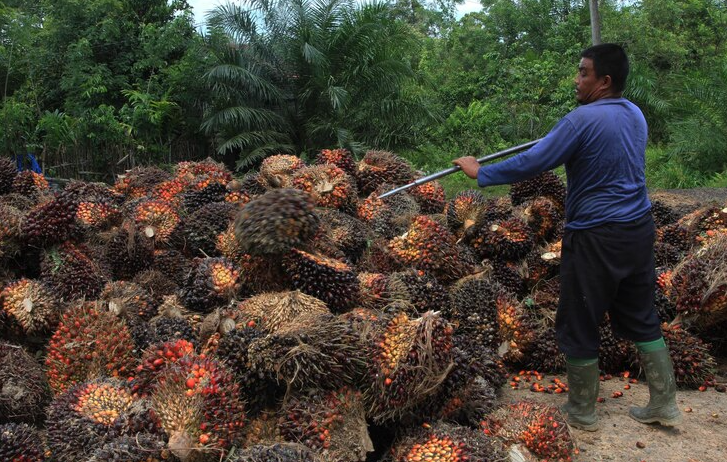In a bold operation to combat smuggling and protect Nigeria’s local economy, the Nigeria Customs Service (NCS) has announced the interception of smuggled goods valued at over ₦352 million in Lagos State. The seized items include foreign parboiled rice, cannabis sativa (Indian hemp), refined sugar, and imported textiles—all brought into the country illegally in defiance of trade regulations.
The seizure, which took place across multiple checkpoints and warehouses, reflects the government’s intensified efforts to enforce border control and curb illicit trade, especially following the termination of import duty waivers that had previously applied to select goods, including food items like rice.
A Major Crackdown on Smuggling Networks
According to the Customs Area Controller for the Federal Operations Unit Zone A, Kehinde Ejibunu, the goods were confiscated during surveillance operations conducted in response to intelligence reports. He noted that the growing economic strain and rising commodity prices have led to a spike in smuggling activities, especially in critical commodities such as rice and sugar.
Among the items seized were:
-
7,259 bags of foreign parboiled rice
-
1,180 parcels of cannabis sativa
-
121,250 liters of Premium Motor Spirit (petrol)
-
Textiles and other contraband fabrics
-
Refined sugar in large commercial quantities
The seized cannabis was handed over to the National Drug Law Enforcement Agency (NDLEA) for further investigation, while investigations into the source and distribution networks behind the smuggled rice and other items are ongoing.
The End of Duty Waivers and the Surge in Smuggling
The massive seizure comes on the heels of the federal government’s decision to end import duty waivers on essential food items earlier this year. The policy shift, aimed at boosting local production and improving government revenue, has inadvertently triggered a sharp increase in the retail price of rice—a staple food for millions of Nigerians.
With prices rising beyond the reach of many low- and middle-income families, smugglers have taken advantage of the demand-supply gap, attempting to flood the Nigerian market with cheaper but unregulated foreign products.
However, customs officials warn that smuggling not only undermines local industries but also results in significant revenue loss for the country and introduces substandard or harmful products into the Nigerian economy.
Economic and Social Impacts of Smuggled Goods
The prevalence of smuggled rice, sugar, and textiles in Nigerian markets has long posed a threat to domestic producers and legitimate importers. Locally milled rice, for instance, struggles to compete with cheaper Asian alternatives smuggled across porous borders.
Likewise, the influx of unregulated foreign textiles affects Nigeria’s struggling garment industry, which has the potential to create thousands of jobs if adequately protected from unfair competition.
Moreover, the seizure of cannabis highlights the growing intersection between economic crime and national security, as criminal networks use trade routes to move both illegal goods and narcotics, posing risks to youth and public safety.
Customs’ Warning and Call for Public Cooperation
In his briefing, Controller Ejibunu urged Nigerians to support the Customs Service by reporting suspicious movements of goods, especially around border communities and warehouses. He emphasized that the service is not only targeting smugglers but also dealers and buyers of contraband, who help sustain the illicit trade.
“We will not relent in our duty to protect the Nigerian economy and uphold national security,” he said. “We call on citizens to join the fight against smuggling, which robs the country of legitimate income and destroys local industries.”
Conclusion: A Wake-Up Call for Policy Enforcement
The Lagos seizure serves as a strong reminder of the challenges Nigeria faces in balancing border control, economic reform, and food security. While the removal of import duty waivers is part of a long-term strategy to promote self-sufficiency, it must be accompanied by robust enforcement, social safety nets, and investment in local production.
For now, the Nigeria Customs Service remains firm in its message: illegal trade will not be tolerated, and those involved will face the full weight of the law.
Published on Xamblog.com – Investigative coverage of Nigeria’s economy, enforcement actions, and public policy.
Last Updated on June 27, 2025 by kingstar





